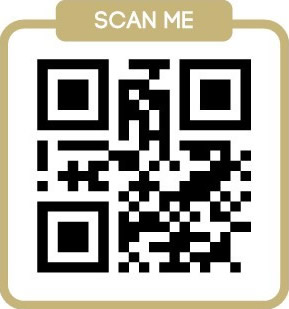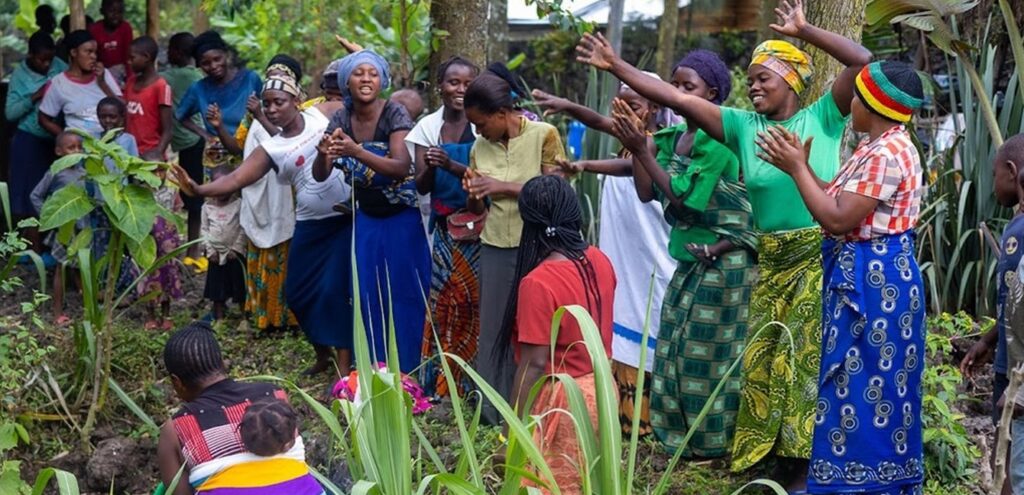
The Basandja Coalition
Why Congo Matters and the Challenges We Face:

The Democratic Republic of Congo (DRC) sits at the forefront of the climate emergency and the green energy transition. With an estimated 70% of the world’s cobalt production—a mineral indispensable to rechargeable batteries that power green energy technologies—the DRC holds a pivotal role in our global future. Despite the country’s estimated $24 trillion in natural wealth, over two-thirds of the population lives in extreme poverty, creating dangerous and vulnerable situations for its inhabitants. A significant portion of cobalt is mined by artisanal miners, including children, who use rudimentary tools and sometimes crawl down 100-foot-deep holes to retrieve the mineral. Both children and adults face life-threatening risks, and these mining sites, often unregulated, pose severe health threats to surrounding communities, who often face deadly repercussions for speaking out.
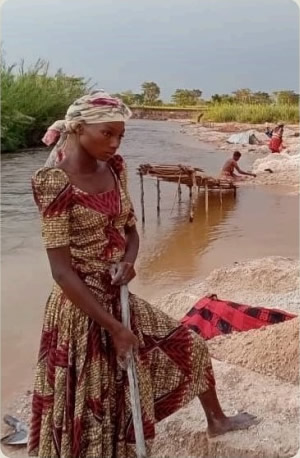
The Congo Basin, spanning more than six countries, sequesters more carbon than all other tropical rainforests combined and is home to the world’s largest tropical peatlands. These peatlands, threatened by extractive industries, are referred to as a “carbon bomb” that could release the equivalent of 20 years of U.S. fossil fuel emissions if disturbed. The Congo Basin’s Indigenous peoples and local communities are vital for preserving and protecting this rainforest for the benefit of humanity. However, less than 2% of climate funding supports Indigenous and local communities in the region. As Indigenous and rural people, we face significant threats, and our ancestral lands—often labeled as “conservation” areas—are often made inaccessible to us. We experience intense discrimination, marginalization, and violence. While some of us are being invited to participate in national and global discussions, there is a critical need to increase our participation and influence. Our traditional knowledge must be valued as an essential contribution to addressing the climate crisis.
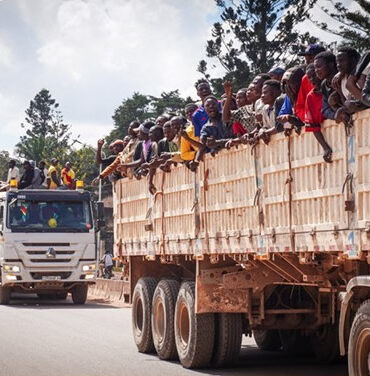
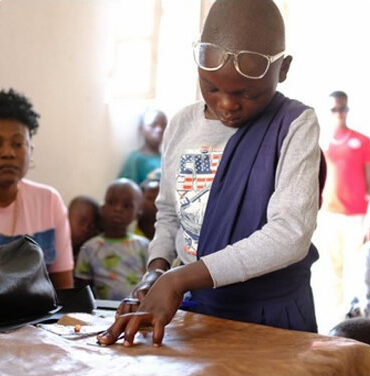
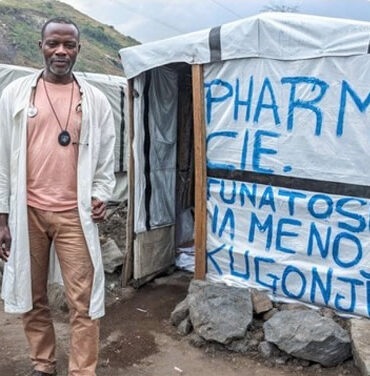
Our Proposed Solution:
Currently, our Coalition operates in 10% of the DRC’s 145 territories,
impacting an estimated 2 million people.
Our Coalition’s Key Approaches:
Organize and Strengthen Grassroots Networks:
Support Conservation, Environmental Defenders, Rapid Response, and Livelihood Work:
Participate in Regional and Global Decision Making:

Disseminate Knowledge, Struggles, and Successes:

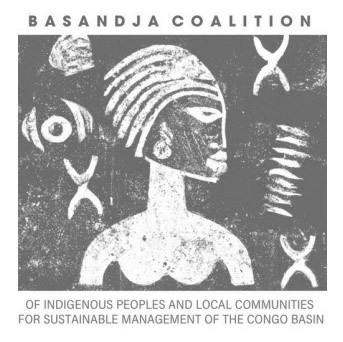

Join Us:

Take Action
Contact Us
